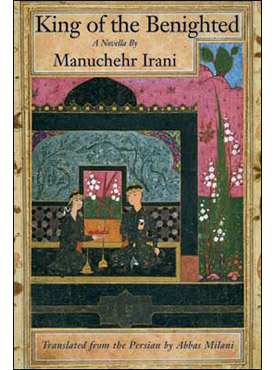 |
| Lorenzo da Ponte 1740-1848 |
As with all blog posts one has an odd sense of keeping a private diary but with a reader over one's shoulder. Hello, reader. Welcome. Here are some one-line thoughts on being a librettist among composers, conductors, singers and players of various musical instruments.
A poet among musician is an electrician among plumbers.
Hearing your words treated by musicians is like becoming silence.
A librettist is not a poet but dots on a page.
A librettist is not a producer of words but an occasion of sounds.
A librettist is not a presence but a room filled by other people.
I have yet to see the advertisement: DON GIOVANNI by LORENZO DA PONTE, music by W A Mozart
For well over a year now I have been engaged on a project run by the English National Opera (ENO for short) in which they put together a composer they admire, one who has not previously written an opera, with a poet, so that together they might produce some fifteen minutes of a potential opera, enough at least, to attract a commission. There were at some, stage, so I understand, four such pairings. I was paired with Richard Causton who is currently University Lecturer in Composition at King's College, Cambridge and whose music, readily available on YouTube, is rich, lyrical and - so it sounded to me - Romantic at root. We hadn't met before so I took a train and we had some preliminary discussions.
Richard, who had, I think, had some two years contact with the ENO before this point, already had a source text, the late Iranian writer, Hushang Golshiri's The King of the Benighted but he was also excited by the work of another Iranian, Marjane Satrapi's Persepolis, originally a graphic novel but then a film. It was reading Golshiri's obituary rather than the book that first excited his interest. We talked good deal about style and scope but the core subject remained unclear. Was it Iran? No. Was it the Ayatollah Khomeini regime that imprisoned Golshiri just as the Shah's had done earlier? No. Was it about the not-uncommon phenomenon of being punished - imprisoned, tortured - by one side then being punished all over again by the other side? No. Was it a way of reconceptualising The King of the Benighted as an opera? Closer, but no. Was it about political freedom? Not exactly. About religious freedom? No. About the freedom of the imagination? Probably. In a way.
 | ||
| Manuchehr Irani was Golshiri's prison psudonym |
I left with a clear idea of what certain specifics were to be. The whole was to be a set in a prison and include an interrogation, maybe several interrogations. The interrogations would be attempts to crush the imagination but the imagination would survive.There would be certain visual images. Some specific noises and effects. There would certainly be a Golshiri figure. We could have five or six on-stage singers / actors, perhaps an off-stage female choir (that might have transpired later). The setting would be bare with not much grand dramatic / operatic action (it shouldn't be too much like 'opera'). It would all be in black and white.
But would there be a story? Maybe. Not at the moment. Not for now. Seeing that Golshiri was to appear should we at least follow some of the lines in The King of the Benighted? An interrogation is not an opera, is it? No plot, no direct political or religious reference. Then why is one man interrogating and beating another in prison? What does he want from him? What has the prisoner got that is valuable? Is it the story of the legend within King of the Benighted?
But what is the signficance of the legend? Why is it important? Do we know why it is important? In what way is it a symbol of something central to the imagination? Could that significance be an opera that is not exactly an opera? Perhaps it is.
Let's see. Richard's instinct, it seemed, was meditate, meditate: mine is write, write.
Fair enough. I had to go away and write something. Some germ of an idea. Early days.


2 comments:
I used to think Da Ponte was the bees knees and Mozart was . . . well Mozart. Salieri was in vogue during the epoch. And then it was explained to me that Mozart was the pinnacle today when it came to opera. It was the opera Idomeneo that finally sold Mozart to me. The composer Strawinsky was in discussion with Dylan Thomas about a joint opera, but unfortunately Dylan Thomas as we all know succumbed to scotch and generous American hospitality. Even Dr. Milton with his "winking needle" couldn't save the bard second time around.
I think the high and low points of Dylan Thomas's eccentric life would make a fantastic opera.
Will you write the opera, Gwilym?
Post a Comment